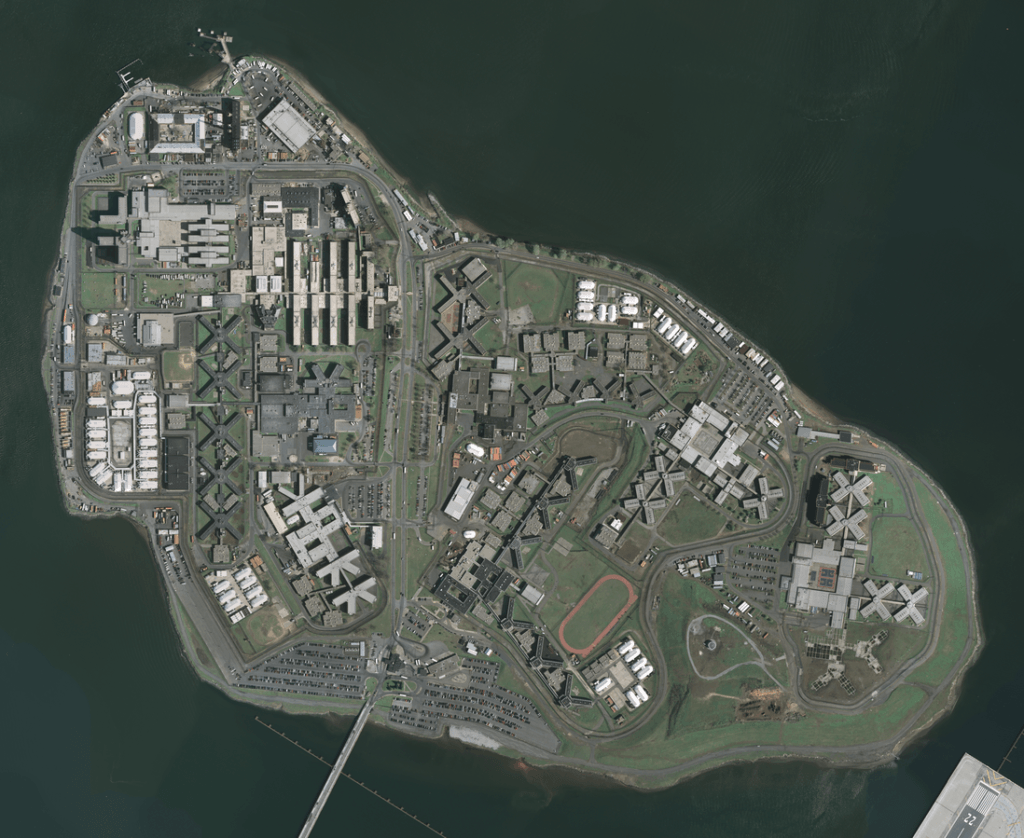
September 27, 2019; Artforum
Darren Walker, president of the Ford Foundation, recently began his seventh year in office with a letter to the community. In it, he described his concerns about what he sees as divisive community actions in this way:
Our ability to solve our collective problems—especially, but not only, in our politics—is called into question. Common goals are framed as coercive demands; potential partners and experts unnecessarily cast as victims or enemies.
Rather than building bridges and relationships based on mutual understanding or shared respect, this oppositional, nuance-averse posture rewards ideological purity and public shame—the very things that scuttle strong working relationships and incentivize people to dig in their heels.
To be sure, there are cases where ineffective incremental progress has contributed to the frustration and anger that many in our society rightly feel. Now is no time for small steps or half measures—especially when it comes to extreme inequality and injustice.
Darren Walker, “In Defense of Nuance”
Despite the beauty, human contradictions, and aptness of this passage, Walker’s letter fell flat. In the same post, Walker declares that he supports the city’s plan to close the Rikers Island jail (an effort which the foundation has long supported), but also supports a plan to replace it with four smaller facilities.. He acknowledges this as a point of contention with some opponents of mass incarceration, a community which has long viewed the omnipresence of jail and prison facilities themselves as a part of the problem—as in, “if they build it, they will fill it.”
Advocates from prison abolition groups who Walker suggested should sit down with policy makers to create a “journey away from the extremes” were certainly not on board with that narrative, which they point out normalizes mass incarceration.
To date, 268 Ford fellows and allies have signed a letter of protest rejecting that position. They also reject his implied description of prison abolitionists as “extremists,” in opposition to supporters of new jails as having a “nuanced” approach.
Sign up for our free newsletters
Subscribe to NPQ's newsletters to have our top stories delivered directly to your inbox.
By signing up, you agree to our privacy policy and terms of use, and to receive messages from NPQ and our partners.
In the open letter, the fellows wrote:
Taking a stance against building more prisons is well supported by the compendium of complex and nuanced social science research. The evidence is clear, more jails—no matter how “humane”—lead to higher rates of incarceration, perpetuate the disruption of families (especially in communities of color), and are harmful to human health. For these reasons, we join the directly impacted organizers and their family members mobilizing against new jails in New York City, and the over 220 public health advocates and professionals who wrote a letter in support of the No New Jails campaign. Indeed, reformers nationally call for the end of prison systems that purport to create better conditions—because they are still prisons.
The letter, which asks for a retraction from Walker and a pledge not to fund any part of the jails, concludes: “As a society, we need to support prisoners and their families, not by being ‘patient’ and ‘inclusive’ in pursuing incremental change that leaves offending structures unchallenged, but by doing the hard, visionary work of building alternative solutions to a carceral system that has never served in the interest of our communities.” In a separate forum, human rights activist Angela Davis, who has spent decades organizing against mass incarceration, declared her support for protests at the Ford Foundation, one of which did occur last week.
Walker responded on Friday:
I am deeply grateful to activists in the movement—including activists in the abolition and criminal justice reform movements—for all they have done to accelerate an end to mass incarceration. In the context of my reflection on the destruction of nuance in our public discourse, I do want to clarify that, in order for our common goal of decarceration to be realized in New York City and our nation, we must come together in dialogue and work together where possible. We look forward to engaging in conversations with those who do have different vantage points on this crucial issue.
As the leader of the Ford Foundation, I want to make clear that we believe in free speech and the right and necessity to speak up and speak out, even when that comes in the form of criticism. To realize our collective vision of ending mass incarceration in our city and our nation, it is essential that we join together to support healthy, thriving communities.
We will keep an eye on the resolution of this conversation as we see it play out on one of the more important issues of our time.—Ruth McCambridge
Disclosure: The Nonprofit Quarterly is a grantee of the Ford Foundation.










